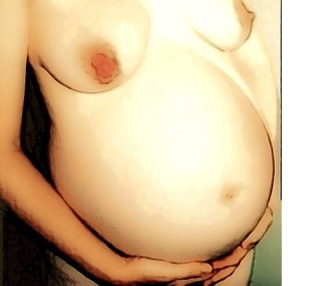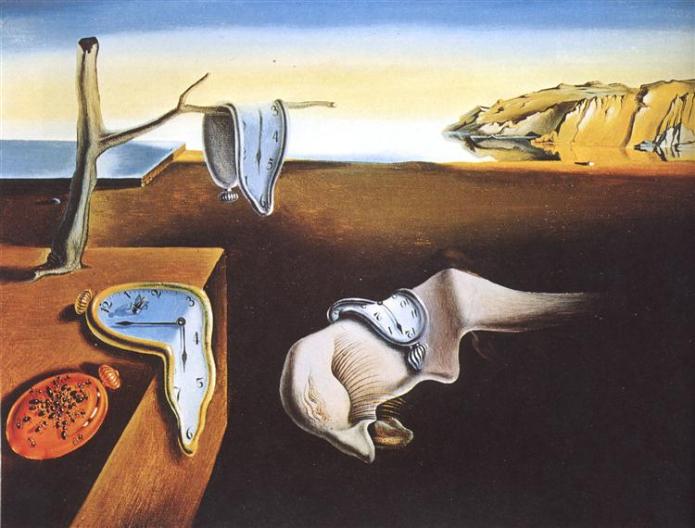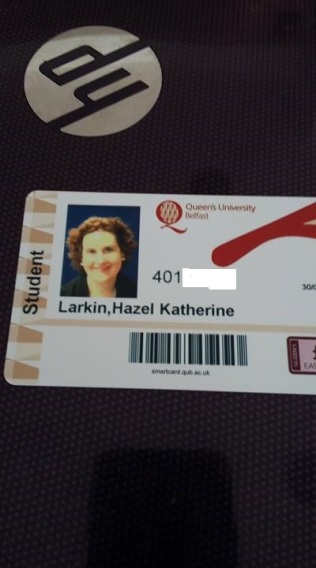So, I read this afternoon, that some GPs are in favour of reducing child benefit by half in cases where parents don’t have those children vaccinated.
I think this is an appalling idea. Child benefit is a monthly, non-means-tested payment made, by the Irish State, to ease the financial costs associated with raising children in Ireland. Many households here rely on Child Benefit to help pay recurring monthly bills; gas, electricity, insurance, mortgage etc. You can’t argue that children don’t benefit from those bills being paid; or that they aren’t necessary for the child’s well-being. In other households (like mine), that €140 per child, is ear-marked for educational purposes. Other people use it for shoes or clothes. A few, a very lucky few, save or invest in order to have a lump sum for that child on their 18th birthday, or to help with costs associated with third-level education. Whatever the money is spent on, the clue really is in the title – the money is for each child in the country to help defray costs associated with raising that child. Cutting the benefit will not punish the parents, it will punish the children.
To suggest that a financial payment for a child should be cut if that child is not vaccinated against childhood diseases is a display of angry, lazy thinking at its worst. If the desire is to increase the uptake of vaccinations, then surely a better approach is to educate parents, to address their fears and concerns around vaccinations? Then – and I know this might appear radical – how about allowing parents to, you know, parent? By that I mean provide them with information and then encourage them to decide for themselves what is right for their particular child, and their particular family, at that time.
The idea that child benefit should be halved for children whose parents don’t act in the way that a certain group of people think they should act is patronising, paternalistic, and arrogant. It indicates that the group calling for this diminishing of the benefit believes they are absolutely right. In this instance, a group of doctors think that they should be able to wield a financial stick at parents who don’t agree with them. Missing the point entirely, of course, that such action would impact more on the children than on their parents. It also further encourages the myth that child benefit is a boon to parents – that it can (and should) be rescinded for non-compliance with a particular directive. What next? A slashing of child benefit if they don’t go to school? A further cut if they’re not breastfed? Another if they’re obese?
I would point out to this group of GPs that to punish a child for the lack of action on the part of their parents – which you view as negligent in the first place – is, by your own logic, punishing the child twice. Don’t do that. Don’t suggest that your frustrations be taken out on an already vulnerable group.


